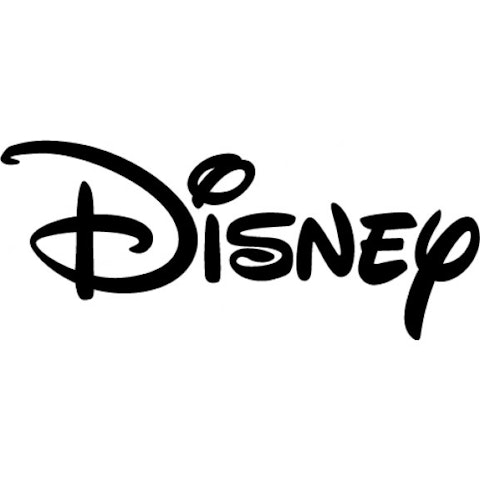The Walt Disney Company (NYSE:DIS) investors should pay attention to a decrease in hedge fund sentiment in recent months.
To the average investor, there are dozens of methods shareholders can use to monitor stocks. A pair of the most innovative are hedge fund and insider trading activity. At Insider Monkey, our research analyses have shown that, historically, those who follow the top picks of the best fund managers can beat the S&P 500 by a healthy amount (see just how much).

Keeping this in mind, it’s important to take a glance at the key action surrounding The Walt Disney Company (NYSE:DIS).
How are hedge funds trading The Walt Disney Company (NYSE:DIS)?
Heading into 2013, a total of 47 of the hedge funds we track were bullish in this stock, a change of -10% from one quarter earlier. With hedge funds’ capital changing hands, there exists a select group of noteworthy hedge fund managers who were increasing their holdings substantially.
When looking at the hedgies we track, Southeastern Asset Management, managed by Mason Hawkins, holds the most valuable position in The Walt Disney Company (NYSE:DIS). Southeastern Asset Management has a $907 million position in the stock, comprising 4% of its 13F portfolio. Sitting at the No. 2 spot is Ken Fisher of Fisher Asset Management, with a $416 million position; the fund has 1.2% of its 13F portfolio invested in the stock. Some other hedgies with similar optimism include Chris Hohn’s Childrens Investment Fund, John Armitage’s Egerton Capital Limited and Stephen Mandel’s Lone Pine Capital.
Judging by the fact that The Walt Disney Company (NYSE:DIS) has experienced falling interest from the entirety of the hedge funds we track, logic holds that there lies a certain “tier” of hedgies who sold off their full holdings at the end of the year. It’s worth mentioning that Lee Ainslie’s Maverick Capital dumped the biggest stake of the “upper crust” of funds we key on, valued at close to $101 million in stock.. Michael Karsch’s fund, Karsch Capital Management, also cut its stock, about $49 million worth. These transactions are important to note, as aggregate hedge fund interest was cut by 5 funds at the end of the year.
How have insiders been trading The Walt Disney Company (NYSE:DIS)?
Insider trading activity, especially when it’s bullish, is best served when the primary stock in question has seen transactions within the past 180 days. Over the last half-year time frame, The Walt Disney Company (NYSE:DIS) has seen zero unique insiders buying, and 5 insider sales (see the details of insider trades here).
With the results exhibited by our tactics, retail investors must always keep an eye on hedge fund and insider trading activity, and The Walt Disney Company (NYSE:DIS) shareholders fit into this picture quite nicely.
Click here to learn more about Insider Monkey’s Hedge Fund Newsletter
Insider Monkey’s small-cap strategy returned 29.2% between September 2012 and February 2013 versus 8.7% for the S&P 500 index. Try it now by clicking the link above.

